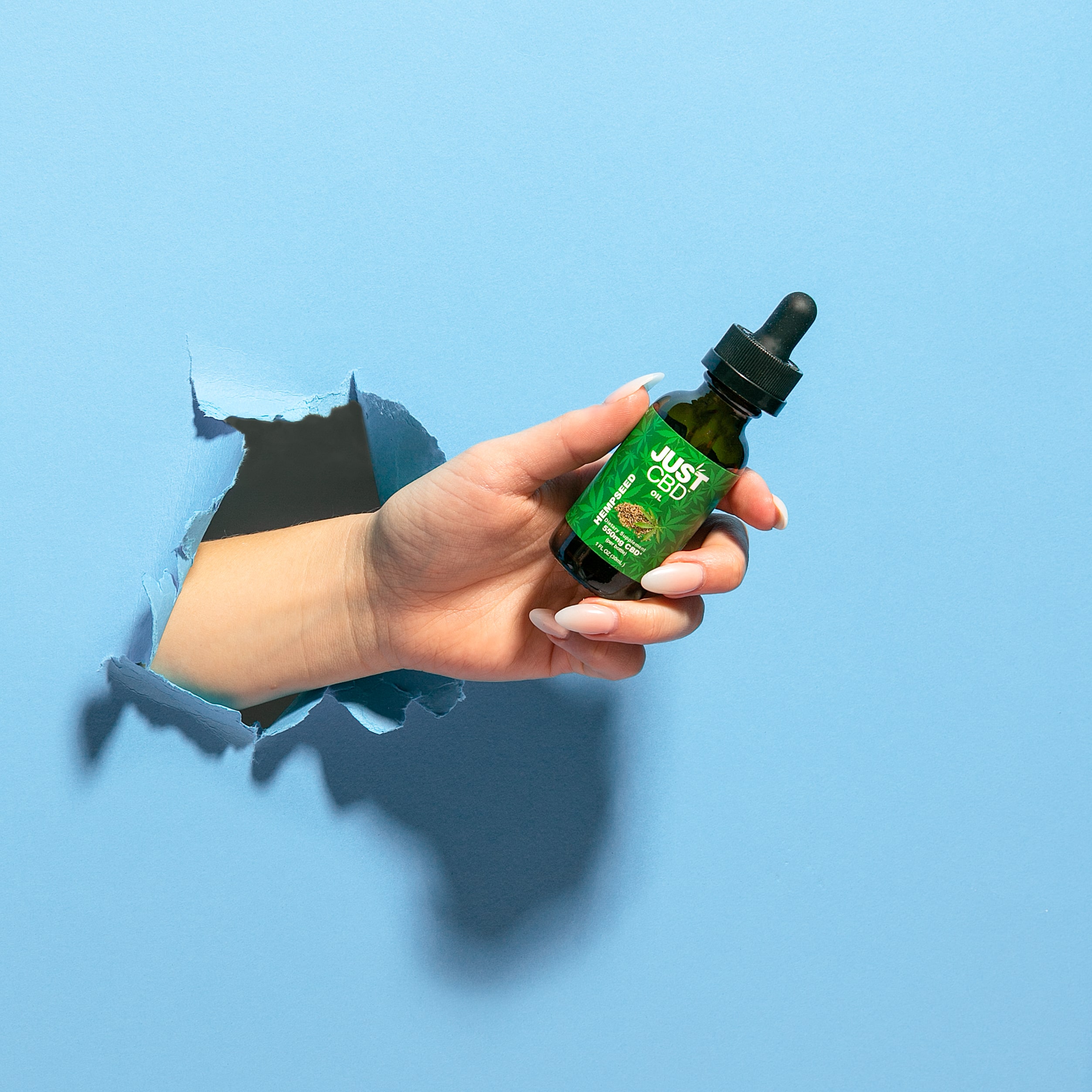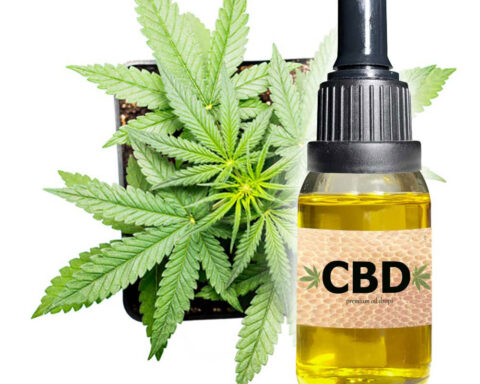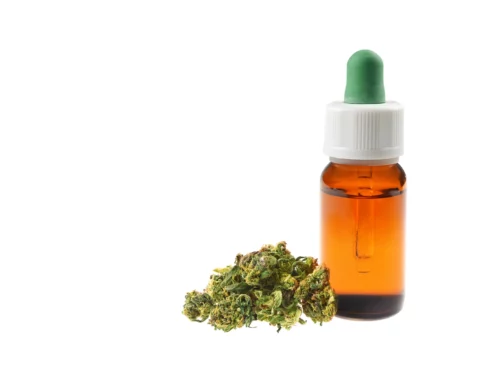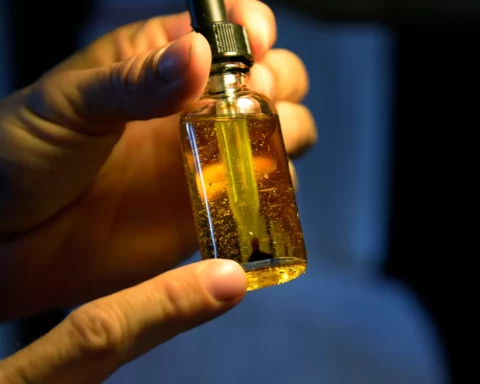Since its legalization in 2018, the demand for CBD oil has increased. Many brands specializing in CBD products are opening up, and consumers claim these products have various benefits. However, there is so much information regarding the cannabinoid that consumers may still not understand CBD oil, including the difference between CBD isolate and whole-plant CBD oil. This article helps you know the differences between these two types of CBD oil, their pros and cons, and how the effects these products have on the body.
What Is CBD Oil?
CBD is a chemical compound and one of the cannabinoids or active components in cannabis plants. There are more than 113 active compounds in cannabis plants, including CBC, CBDV, CBDA, CBGA, CBN, CBG, and the psychoactive THC. Unlike THC, CBD oil does not have psychoactive properties and will not make you ‘high’ unless the THC concentration exceeds 0.3%. CBD products are offered in isolate, full-spectrum, and broad-spectrum formulations.
CBD Isolate Oil and Whole-Plant Hemp CBD Oil: How They Compare
The main difference between CBD isolate and whole plant hemp CBD oil is their sources. Although the two are extracted from hemp, they differ slightly. Whole-plant hemp CBD oil comes from most parts of hemp plants, including steams, buds, leaves, flowers, and stalks, and does not undergo any refining to remove its versatile compounds. In contrast, isolate CBD oil is pure hemp sourced from refined hemp. As a result, whole-plant CBD oil has terpenes, flavonoids, and cannabinoids, including CBD, CBT, CBC, CBN, CBG, CBDV, and CBDA. However, CBD isolates only have CBD. Isolates lack terpenes, flavonoids, and other cannabinoids.
The Pros of CBD Isolate Oil
The main benefit of this type of CBD oil is that it lacks the psychoactive THC; hence it will less likely make you ‘high’ unless it is contaminated. People who want to avoid THC or undergo drug tests occasionally prefer CBD isolate oil. In addition, CBD oil isolates have no terpenes, flavonoids, and other cannabinoids; hence they don’t have the earthy taste and flavor of hemp plants found in full and broad-spectrum CBD oil. They are ideal for people who cannot bear the earthy tastes and flavors. Besides, CBD isolate oils allow you to take higher CBD oil dosages without fearing serious side effects.
Does Isolate CBD Oil Have any Cons?
During the processing of CBD isolates, flavonoids and terpenes are eliminated. Therefore, CBD isolates are not linked to the purported benefits of CBD oil. Besides, consuming CBD isolate oils means you cannot enjoy the full entourage effect of whole-plant hemp CBD oil.
Pros of Whole-Plant Hemp CBD Oil
The main benefit of this type of CBD oil is the many cannabinoids, terpenes, and flavonoids that deliver the health picks linked to CBD oil. It is linked to a full entourage effect. According to Yang, et al. (2014), CBD oil may help reduce pain, anxiety, and inflammation. As much as the full entourage effect promises many benefits, CBD studies are mixed. Consequently, there is a need for further studies to establish whether full entourage effects are real in CBD oil. People choose full-spectrum CBD oil when;
- The flavors and tastes linked to terpenes and flavonoids on whole-plant hemp are bearable.
- Less refined CBD oil since whole-plant hemp CBD oil does not go through much purification. This yields better effectiveness.
- The terpenes and flavonoids have potential benefits
The Cons of Whole-Plant Hemp CBD Oil
While whole-plant hemp CBD oils may have many benefits linked to them, they have their fair share of cons, including;
- They might have more than 0.3% THC and lead to psychoactive effects, making the user ‘high.’
- Whole-plant hemp CBD oil has traces of THC and may make you test positive for a drug test.
- Most whole-plant CBD oils have an earthy flavor and taste because of the terpenes, flavonoids, and multiple cannabinoids.
Key Reminders
Irrespective of the type of CBD oil you take, whether whole-plant hemp or isolate, keep the following in mind;
- CBD oil is largely unregulated, leaving loopholes for contaminants to infiltrate into the extracts
- The FDA has not recommended any dosages for taking CBD oil
- Always consult your doctor before trying any CBD oil product
- Focus on third party tests when buying CBD oil isolates or whole-plant hemp versions, as these are less likely to have standard contaminants
Conclusion
CBD isolate oils, and whole-plant hemp oils come from hemp plants, but unlike whole-plant hemp CBD oil, isolates do not have the multiple cannabinoids, terpenes, and flavonoids in whole-plant hemp oils, except CBD. Whole-plant hemp CBD oil has a full entourage linked to the many terpenes, flavonoids, and cannabinoids other than CBD. Whichever oil one chooses to use, he should consult a doctor beforehand.
References Yang, L., Li, Y., Ren, J., Zhu, C., Fu, J., Lin, D., & Qiu, Y. (2014). Celastrol attenuates inflammatory and neuropathic pain mediated by cannabinoid receptor type 2. International Journal of Molecular Sciences, 15(8), 13637-13648.
- Is Mushroom Coffee Worth the Hype? An Expert’s Take - April 19, 2024
- Missionary Position – Least Likely To Bring You To Climax - April 7, 2023
- Vibrators could put you in Jail - March 31, 2023









